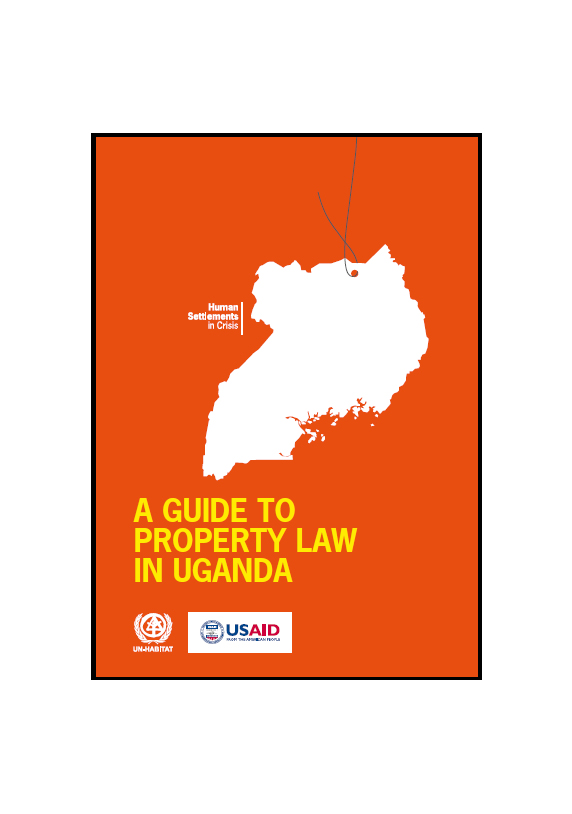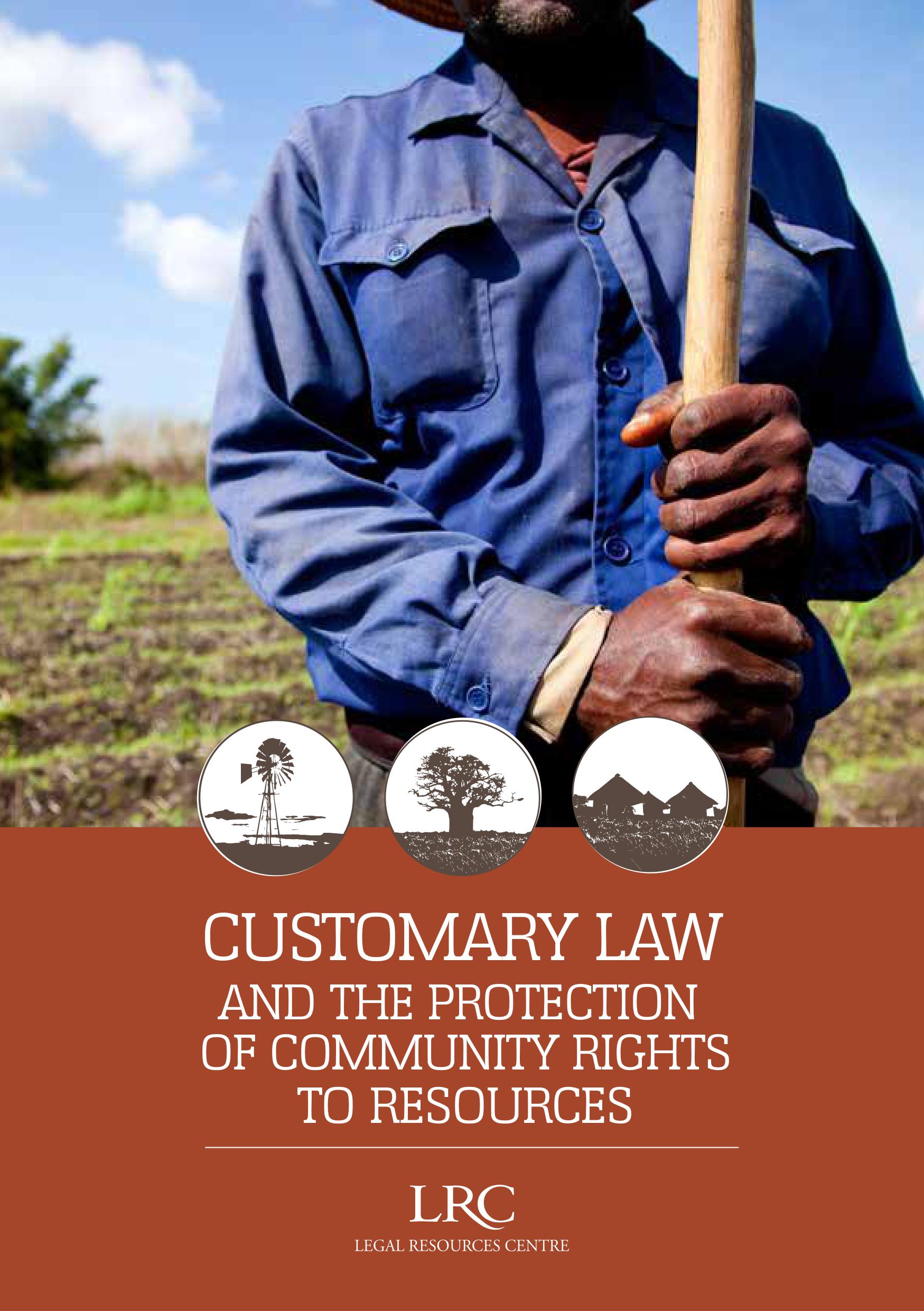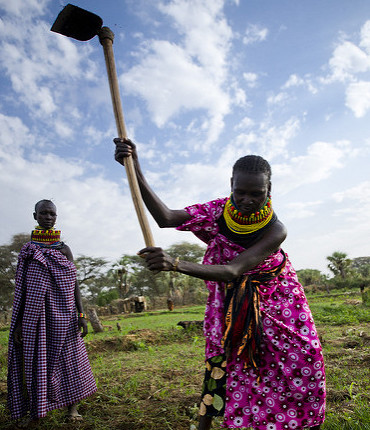Identification of Good Practices in Land Conflict Resolution in Acholi
Conflict associated with land has increased substantially following the return of peace to the Acholi Region with the return of internally displaced people (IDP), population growth, and increases in the value of land. The area is heavily dependent on agriculture and conflict related to land access seriously threatens to undermine development and the social, political and economic stability of the Acholi Region. This study involved community members, key informants, and statutory and traditional leaders in three sub counties in each of the seven Acholi districts.








